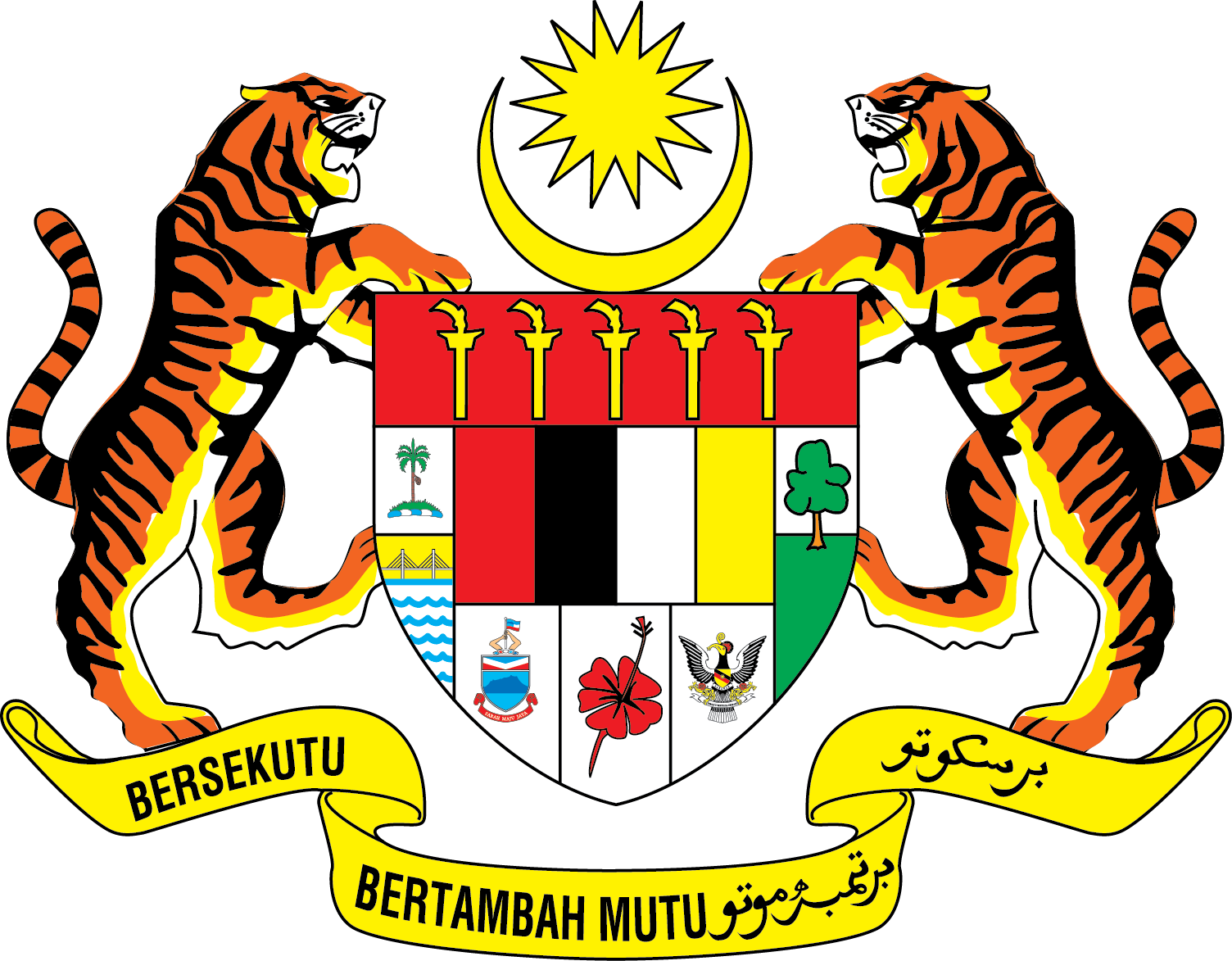Series 7 – Interdiction and suspension
- Introduction
Interdiction and suspension procedures are provided in Regulations 43, 44 and 45, Public Officers (Conduct and Discipline) 1993.
Only the appropriate Disciplinary Authority having the jurisdiction to impose a punishment of dismissal or reduction in rank may, interdict or suspend an officer. Namely, the Public Services Commission or Disciplinary Board for the Support Group (No.1), subject to the type of group of service the officer belongs to. - Interdiction for the purpose of an investigation [Regulation 43]
If an officer is alleged or reasonably suspected of having committed a criminal offence of a serious disciplinary offence, and the Head of the Department is of the opinion that for the purpose of facilitating investigation against the officer, the presence of the officer would hamper investigation, the Head of Department may recommend to the Disciplinary Authority that the officer be interdicted.
Regulation 43 also states that the appropriate Disciplinary Authority may also have the officer interdicted for a period of not more than 2 months for the purpose of facilitating an investigation. The officer shall be entitled to receive full emoluments during this interdiction period.
Prior to deciding whether to interdict an officer or otherwise, the appropriate Authority shall take the following factors into consideration:- Whether the allegation or the suspected offence is directly related to the officer’s duties; and
- Whether the presence of the officer in the office would hamper investigation.
- In the event, during the interdiction period criminal proceedings are instituted against the officer in any court or a disciplinary action is taken against him with a view to dismiss or reduce the officer’s rank, the interdiction order shall cease to have effect from the date such criminal proceedings are instituted or disciplinary action is taken against the officer and the appropriate Disciplinary Authority shall take further action as it thinks fit under Regulation 44.
- Interdiction [Regulation 44]
It is stated in Regulation 44, that if criminal proceedings, or disciplinary action proceedings with a view that a punishment of dismissal or reduction in rank be imposed on the officer have been instituted, the appropriate Disciplinary Authority may if it thinks fit and proper interdict the officer from exercising his duties.
In deciding as to whether to interdict an officer or not, the appropriate Disciplinary Authority shall take the following factors into account:- Whether the nature of the offence with which the officer is charged is directly related to his duties;
- Whether the presence of the officer to exercise his duties in the office would hamper investigation or may be a source of embarrassment to or adversely affect the name or image of the department;
- Whether, taking into account the nature of the offence with which the officer is charged, the interdiction of the officer would result in the Government incurring a loss.
The appropriate Disciplinary Authority may recall officer’s who has been interdicted to resume his duties whilst the criminal proceedings or disciplinary proceedings are still pending. The officer shall be paid his full emoluments from the date his duties are resumed. However, any part of his emoluments which has not been paid during his interdiction shall not be paid until the criminal proceedings or disciplinary proceedings have been completed. If upon completion of the criminal proceedings or disciplinary action the officer is acquitted, any amount of emoluments that have not been paid to the officer during the interdiction period must be made to the officer. - Suspension [Regulation 45]
The appropriate authority having the jurisdiction to impose a punishment of dismissal or reduction in rank may suspend an officer from exercising his duties if:- The officer has been convicted by any criminal court; or
- An order as specified in Regulation 32, has been made against the officer.
- Unpaid Emolument
Where disciplinary proceeding against an officer results in the officer being dismissed, the officer shall not be entitled to any part of the emolument which has not been paid to him during the whole period the officer was interdicted or suspended.
In contrast, the officer shall be entitled to receive any part of his emolument which has not been paid to him during the period of his interdiction or suspension, in the event the disciplinary proceedings against the officer result in a punishment other than dismissal of the officer.
















